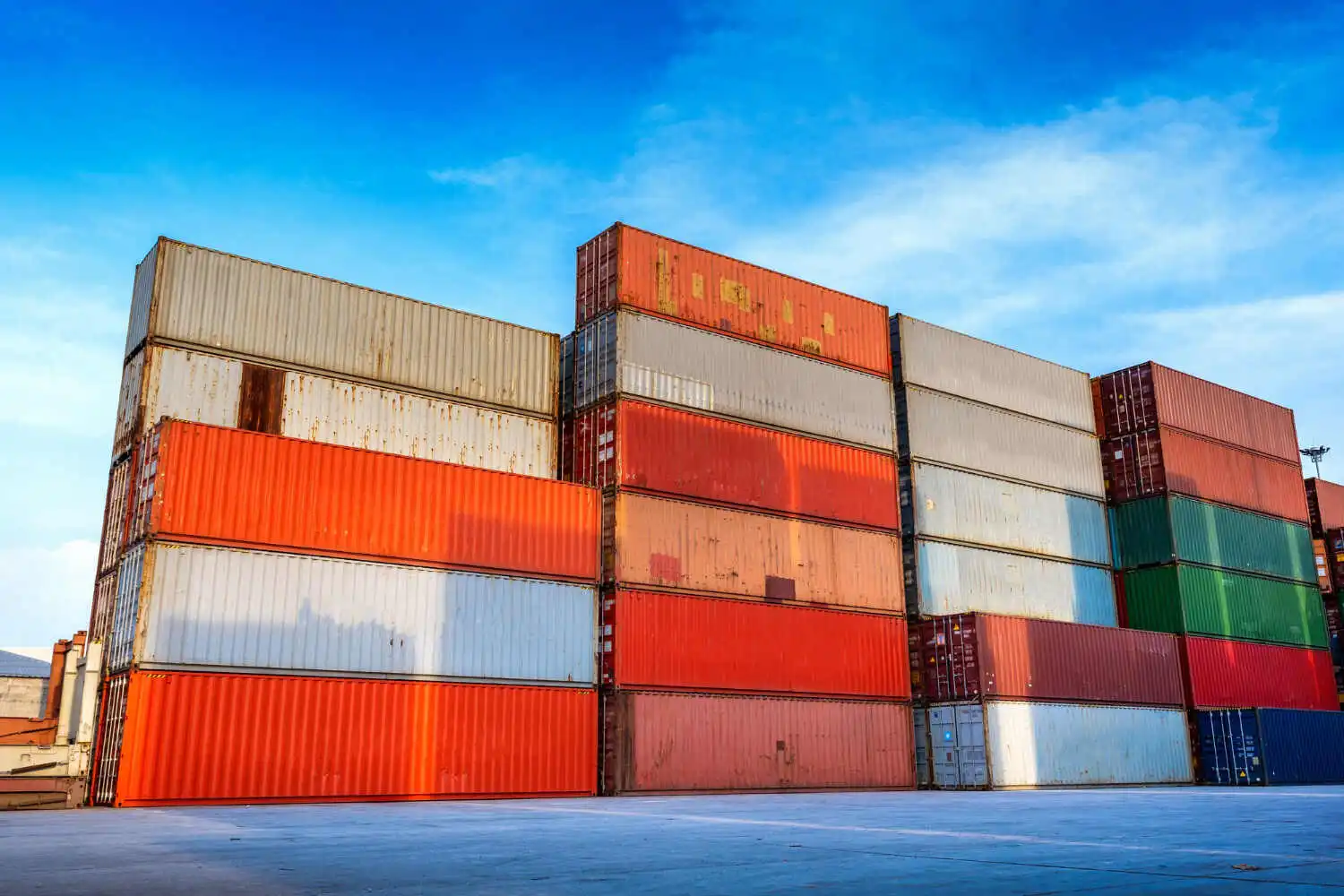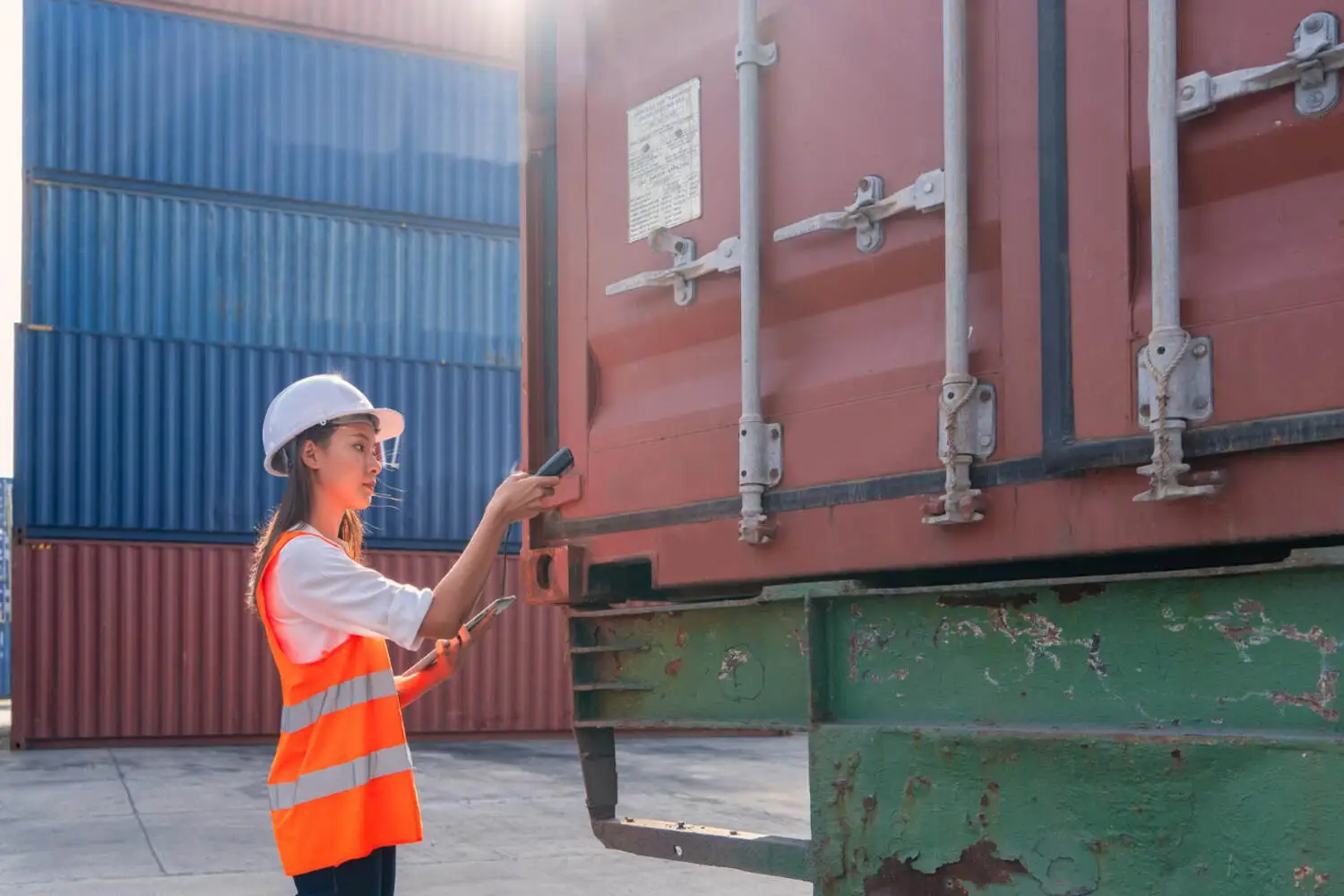In global trade and logistics, cargo-worthy containers are essential. These aren’t just standard storage boxes—they’re certified, inspected units approved for shipping by sea. When a container is deemed “cargo-worthy,” it means it has passed the required inspections and can be safely loaded onto a vessel for international transport.
At CMG Containers, we sell cargo-worthy containers with certification and inspection included. Whether you’re a freight forwarding company, an NVOCC (Non-Vessel Operating Common Carrier), or a business investing in shipper-owned containers, having the right certification ensures compliance and peace of mind.
Let’s explore what cargo-worthy really means, why certification matters, and which industries rely most on these containers to keep global supply chains moving.
What Are Cargo-Worthy Containers?
A cargo-worthy container is a shipping container that has been inspected and approved for use in ocean freight. This inspection confirms that the container:
- Meets International Maritime Organization (IMO) and CSC (Container Safety Convention) standards.
- Is structurally sound, free from major damage or corrosion.
- Can protect cargo from external elements during long sea voyages.
In simple terms, cargo-worthy means the container is ready for the rigors of international shipping. It’s more than just a steel box—it’s a certified piece of equipment that keeps cargo safe, secure, and compliant with international standards.
Why Certification Matters
When shipping across borders, certification isn’t optional—it’s mandatory. Ports, carriers, and customs authorities require proof that containers meet safety and performance standards. Without certification, a container may be rejected, causing delays and extra costs.
By purchasing cargo-worthy containers with certification and inspection, businesses ensure that their shipments won’t be held up due to compliance issues. This is especially critical for freight forwarders and NVOCCs managing logistics for multiple clients.
Top Industries Using Cargo-Worthy Containers
Cargo-worthy containers are vital across a range of industries. Their durability, certification, and adaptability make them indispensable for transporting goods internationally. Let’s look at some of the leading industries that depend on them.
1. Freight Forwarding Companies
Freight forwarders are at the center of global trade. They manage the logistics of moving cargo from one country to another, coordinating with shipping lines, ports, and customs authorities.
For them, industrial shipping containers that are cargo-worthy are a must. Without certified containers, shipments may be delayed or rejected at ports. Forwarders often buy cargo-worthy containers in bulk to ensure they always have compliant units available.
These containers are used for everything from consumer goods and electronics to raw materials, giving freight forwarders the flexibility to meet diverse client needs.
2. NVOCC (Non-Vessel Operating Common Carriers)
NVOCCs play a unique role in international shipping. They don’t operate ships themselves but lease space on vessels and manage containerized cargo for clients. Because they’re legally responsible for the shipments they handle, certification is non-negotiable.
NVOCCs often invest in shipper-owned containers (SOCs)—cargo-worthy units they control directly. Owning containers gives them flexibility in managing cargo flow, reduces dependency on carrier-owned equipment, and helps build efficiency in high-volume trade lanes.
For these companies, cargo container applications aren’t just about moving goods—they’re about ensuring accountability and maintaining client trust.
3. Manufacturing and Heavy Industry
Manufacturers shipping raw materials or finished products overseas rely on cargo-worthy containers for safe, compliant transport.
Examples include:
- Automotive industry: Shipping car parts, engines, or machinery to assembly plants around the world.
- Steel and metal industries: Moving heavy, bulk items that require durable, certified containers.
- Machinery manufacturers: Transporting oversized equipment safely.
Certification assures these industries that their valuable cargo will arrive intact and that no delays will occur due to compliance issues.
4. Agriculture and Food Exporters
Agricultural exporters depend on cargo-worthy container uses for transporting everything from grains and produce to packaged food.
- Bulk shipments: Grains, rice, and other staples shipped in bulk require structurally sound containers.
- Packaged food: Processed food products need safe, sealed environments during long voyages.
- Perishables: While reefers are used for temperature-sensitive goods, dry cargo-worthy containers handle non-refrigerated food exports.
In agriculture, time is money. Certification helps avoid delays that could lead to spoiled or wasted goods.
5. Retail and Consumer Goods
Retailers moving large volumes of consumer goods rely heavily on industrial shipping containers. Clothing, electronics, home goods, and seasonal items are all transported in cargo-worthy units.
Big-box retailers and e-commerce giants often coordinate directly with freight forwarders or NVOCCs, who in turn rely on certified containers to keep goods flowing without disruption. Certification is what allows global supply chains to operate smoothly, keeping store shelves stocked and online orders fulfilled.

Cargo-Worthy Containers vs. Other Grades
It’s important to distinguish cargo-worthy containers from other categories:
- As-Is containers: May have damage or corrosion, not suitable for international shipping.
- Wind and watertight (WWT): Good for storage but not certified for ocean freight.
- Cargo-worthy containers: Certified for international transport, suitable for vessel loading.
If the goal is to ship goods by sea, only cargo-worthy units will pass inspection and comply with regulations.
Why Businesses Buy Cargo-Worthy Containers from Us
We provide cargo-worthy containers with certification and inspection already completed. This saves our clients time, reduces risk, and ensures compliance from day one. Here’s what sets us apart:
- Certification included: All containers are inspected and certified for international shipping.
- Quality assurance: We sell units ready to be placed directly on vessels.
- Industry focus: We work with freight forwarding companies, NVOCCs, and other shipping professionals.
- Ownership options: Clients looking for shipper-owned containers (SOCs) can invest confidently with us.
We understand the stakes in global trade, and we make sure our containers meet the highest standards so shipments move without interruption.
Cargo-Worthy Containers: Powering Global Trade
From freight forwarders and NVOCCs to manufacturers and retailers, cargo-worthy containers are the backbone of international commerce. Their certification, inspection, and durability ensure that goods move safely and efficiently across oceans.
By choosing certified, inspected containers, businesses avoid costly delays and guarantee that cargo arrives as planned.
At CMG Containers, we’re proud to support the industries that keep global trade alive. Whether you need containers for freight forwarding, industrial shipments, or shipper-owned logistics, our certified units are ready to deliver.


